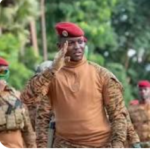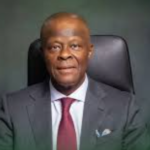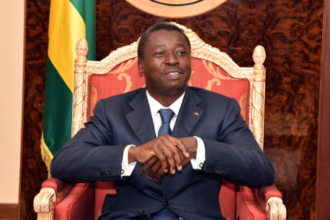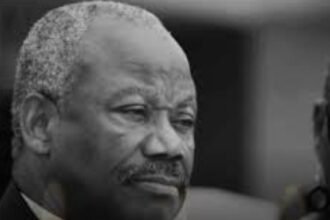By Isaac Okoro
ACCRA, GHANA – A new report by the Centre for Research on Multinational Corporations (SOMO) and ActionAid Ghana reveals how World Bank-funded energy projects have contributed to Ghana’s crippling debt and dependence on fossil fuels, raising serious questions about the global financial institution’s role in African development.
The report alleges that the World Bank’s investment of approximately $2 billion in oil and gas projects has prioritized corporate profits over the needs of the Ghanaian people, leading to a situation where the nation is burdened with unsustainable debt and struggles to provide affordable energy.
“The World Bank claims to champion development. In Ghana, it has done the opposite—fueling debt while ensuring corporate profits come before public need,” said Joseph Wilde-Ramsing, acting Executive Director of SOMO.
The report highlights several key projects as examples of this detrimental impact:
- West African Gas Pipeline:Â Despite being designed to provide affordable gas, the pipeline has suffered from inconsistent deliveries, forcing Ghana to import more expensive liquid fuels.
- Jubilee Project:Â This multibillion-dollar project, led by multinational oil companies, failed to address Ghana’s gas usage and suffered from operational issues, resulting in years of gas flaring.
- Sankofa Gas Deal:Â This project, backed by over $1.2 billion in World Bank commitments, includes a “take-or-pay” contract that has forced Ghana to pay for unused gas, leading to significant financial losses.
- Independent Power Producers (IPPs):Â Ghana rushed into agreements with IPPs to address power shortages, but many of these deals included rigid “take-or-pay” clauses, resulting in surplus power capacity and substantial revenue shortfalls.
According to the report, these projects have resulted in Ghana paying for gas it couldn’t use and excessive electricity it didn’t need, draining over $1 billion annually from public funds. The situation has been further compounded by the government’s acceptance of onerous “take-or-pay” contracts, where Ghana is obliged to pay for agreed capacity whether utilized or not.
ActionAid Ghana’s Country Director, John Nkaw, emphasized the impact on ordinary citizens: “These contracts seem to guarantee profits for oil giants while our government struggles to pay off debts. The burden falls on ordinary Ghanaians, who must endure high electricity prices while the promised energy benefits remain unfulfilled.”
As Ghana undergoes debt restructuring under the G20 Common Framework for Debt Treatments, multilateral debt owed to institutions like the World Bank is exempt, further exacerbating the country’s financial strain.
The report calls for a reassessment of all energy contracts that shift financial risk onto Ghana and urges the World Bank to acknowledge its role in fueling the crisis. It recommends an independent assessment of fossil-related debt and its subsequent cancellation as part of the ongoing restructuring process.
“Instead of guiding Ghana towards sustainable energy solutions, the World Bank has locked the country into disastrous, high-risk contracts that benefit fossil fuel corporations at the expense of the people,” concludes Joseph Wilde-Ramsing. “This is utter negligence, exploitation, and a climate disaster rolled into one.”
A number of well-known global development analysts say the World Bank’s operations in sub Sharan Africa have faced serious criticisms and opposition from local groups due to accusations of corruption, alleging that the banks’ unnecessary and rigid procedural controls and Country Offices’ indirect manipulation of frontline public institutions have led to waste and abuse in many sectors, including energy, water and sanitation, agriculture and food security as well as infrastructure projects.
Criticisms of and anger against the World Bank’s programme in Africa is deeper and widespread. Ishmael Seek of Senegal said, some World Bank’s Country Directors have become more political diplomats than development administrators while their Task Team Leaders (TTL) have positioned themselves as venture capitalists and self-styled dictators.
Across western Africa, for example, some analysts maintain that the World Bank’s Country Offices and Task Team Leaders (TTL) deliberately refuse and object to giving full control of project management and programme decision making to their host country frontline institutions. As a result, most projects and programme costing millions of dollars go down in ruin without any tangible and lasting impacts on the countries and the people served.









